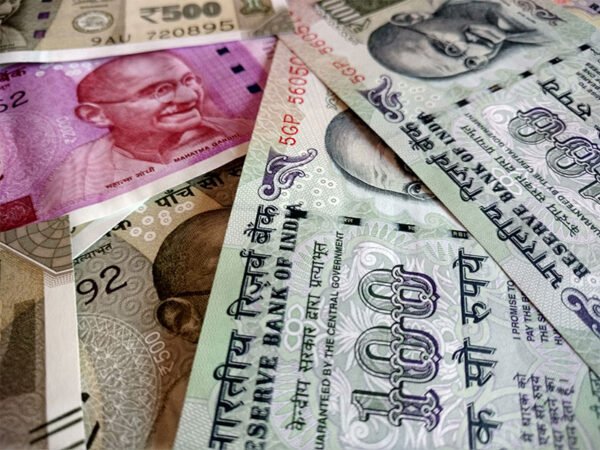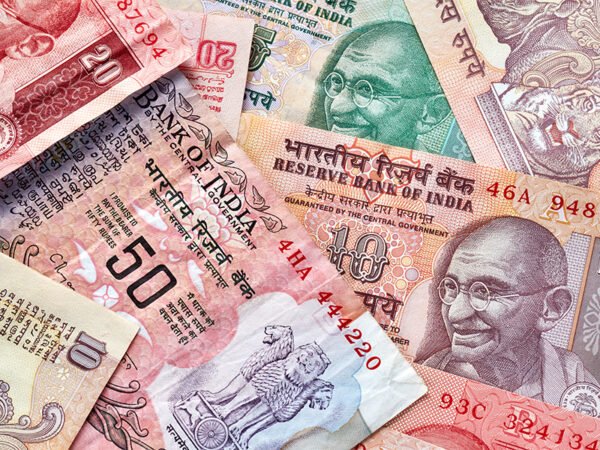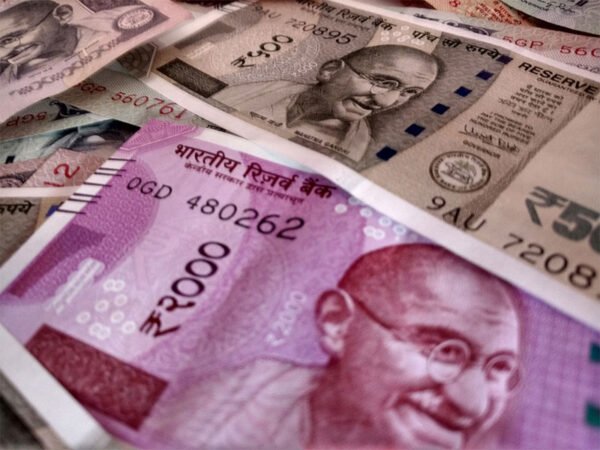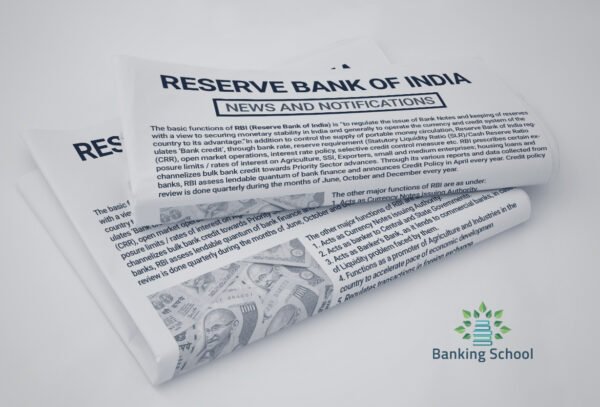Bank Sub-staff DA (dearness allowance) chart for the months of August-October 2022 (Confirmed)
Consumer Price Index for April, May, and June 2022 are respectively- 127.70, 129, and 129.20. It works out to 526 slabs in DA for the quarter of August 2022 -October 2022. Hence there will be an increase of 54 slabs in DA from August 2022 to October 2022. New DA Rate is 36.82%. BASIC NEW DA OLD DA…








